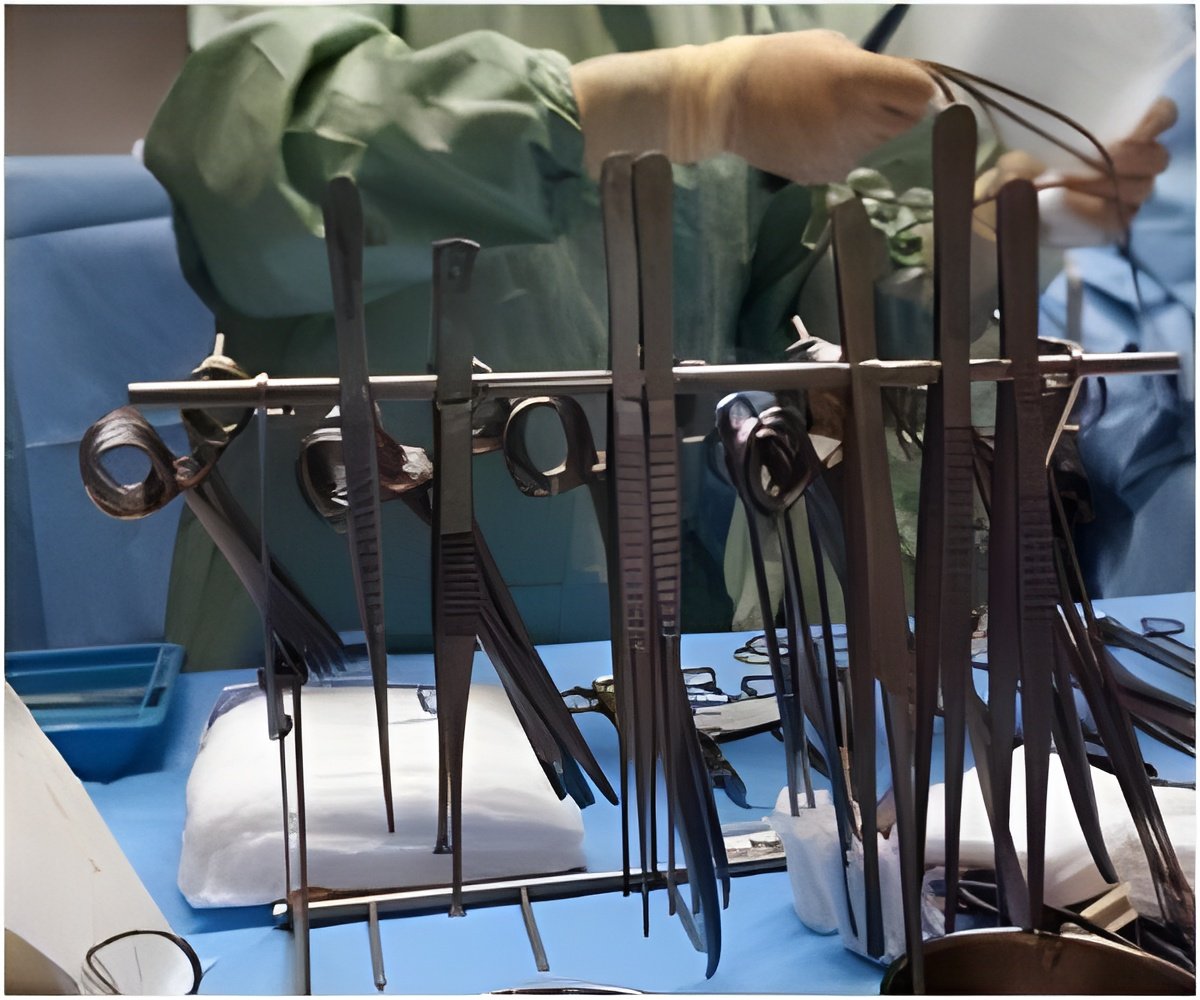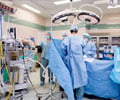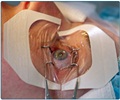A study suggests that there is no July phenomenon of increased death and complication rates for patients undergoing neurosurgery at teaching hospitals.

The risk of adverse outcomes after common brain and spinal procedures are no different in July compared to any other month, according to the research by Dr. Brian L. Hoh of University of Florida and colleagues.
Risks of Neurosurgery Don't Increase in JulyTo investigate whether there was a real "July phenomenon" affecting neurosurgical risks, the researchers analyzed data from a nationwide hospital database (the National Inpatient Sample) from 1998 to 2008. They focused on nearly 860,000 hospital admissions for four different types of common neurosurgery procedures: nontraumatic brain hemorrhage (bleeding), central nervous system (CNS) trauma, CNS tumors, and hydrocephalus ("water on the brain").
For procedures performed in teaching hospitals—where residents are involved in patient care, including surgery—rates of complications and death were compared for the month of July versus all other months. The analysis included adjustment for patient and hospital characteristics.
The results showed no significant difference in the risk of death for operations performed in July. For example, in patients undergoing surgery for CNS tumors—the largest of the four categories—the mortality rate was 7.1 percent in July compared to 7.2 percent in all other months. The complication rate was 1.4 percent in July and in all other months.
Death and complication rates were also similar for July versus other months in the other three diagnostic categories. Analysis of patients treated at non-teaching hospitals—which don't train residents—also showed no significant differences in mortality or complications rates.
Advertisement
Based on their large, nationwide study, Dr. Hoh and colleagues conclude, "No 'July phenomenon' was found for neurosurgical mortality or complications in patients with nontraumatic hemorrhage, CNS trauma, CNS tumor, or hydrocephalus." The researchers acknowledge some weaknesses of their study—particularly the fact that it couldn't detect "near-miss" errors that don't lead to death or serious complications. They also note, "The lack of a July phenomenon may be attributable to the increased supervision by faculty and more senior residents during the start of the academic year."
Advertisement
Source-Eurekalert









